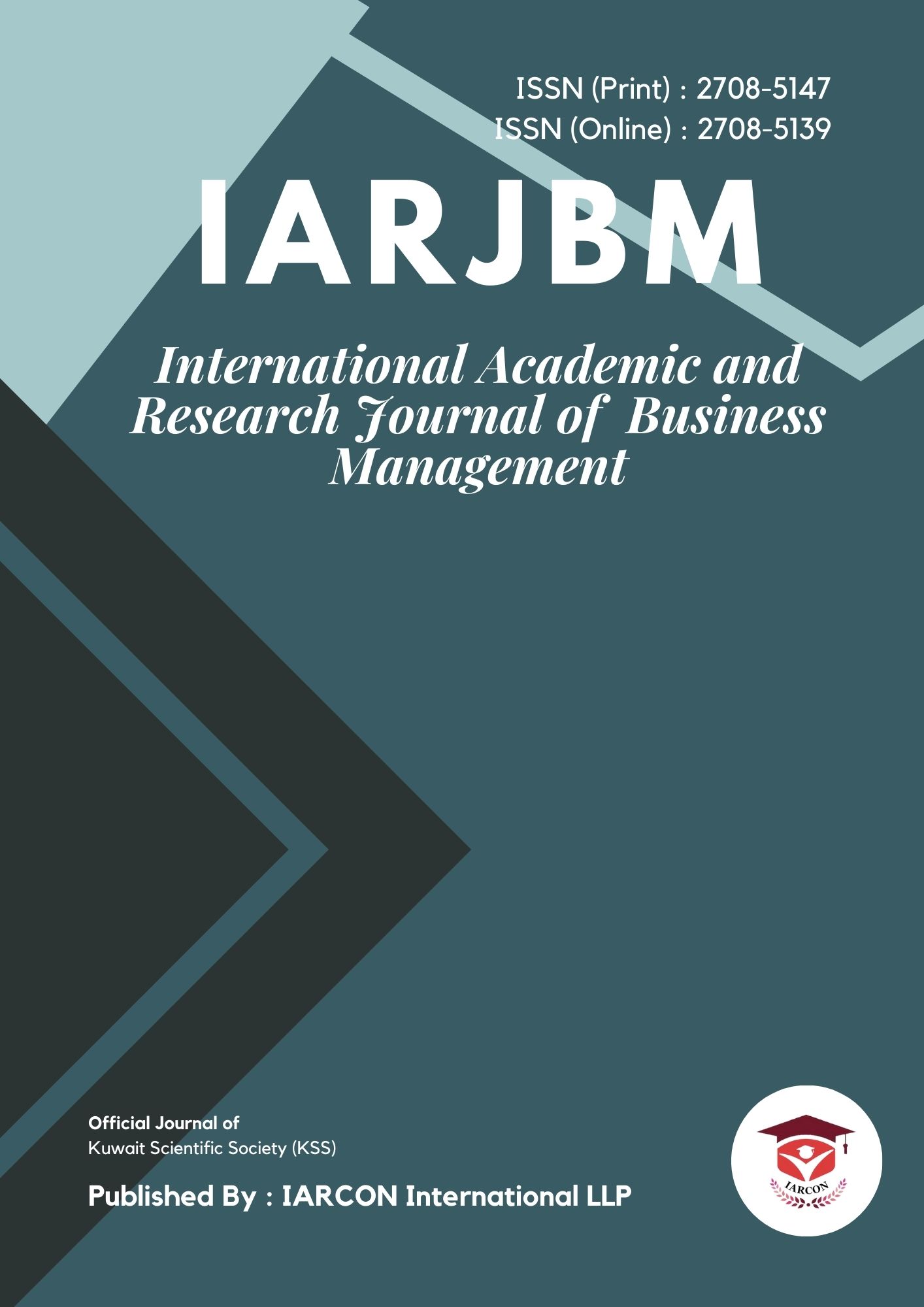This paper focuses on the determinants of the capital structure of SMEs in the Brazilian context. The observed firms were selected with a stratified sampling method, which allowed to improve the quality of the estimates. The financial statements data were collected through a questionnaire and the observation time horizon was three years. To achieve the research objectives, we followed a panel data methodology, using the ordinary least squares regression (POLS) model. This setting has the advantage of detecting the best effects and reducing bias. Our data showed no collinearity problems. To analyze the capital structure, we referred to trade-off theory and pecking order theory. The results are mostly following the latter theory. In particular, empirical findings show that the age and profitability of the company are negatively correlated with debt. Assets tangibility, growth and size have a positive relationship with debt, following both theories analyzed.

